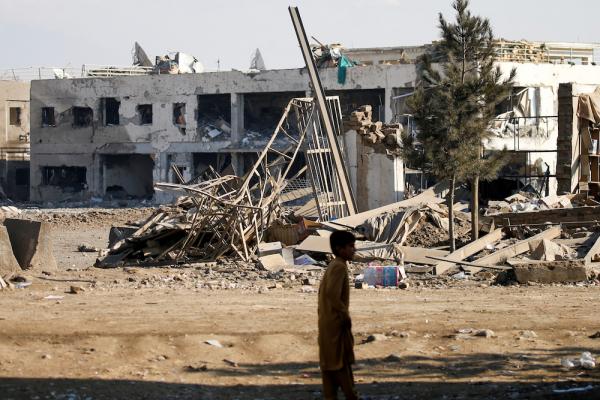Dec 12, 2019
An explosive report was published on Monday afternoon in the Washington Post, based on the Post’s review of thousands of pages of interviews with people who played a direct role in the war, all previously unreleased until the paper recently won a multi-year court case on Freedom of Information Act grounds. And the report only gets more damning as it goes on.
Read the Full Article

Already a subscriber? Login
